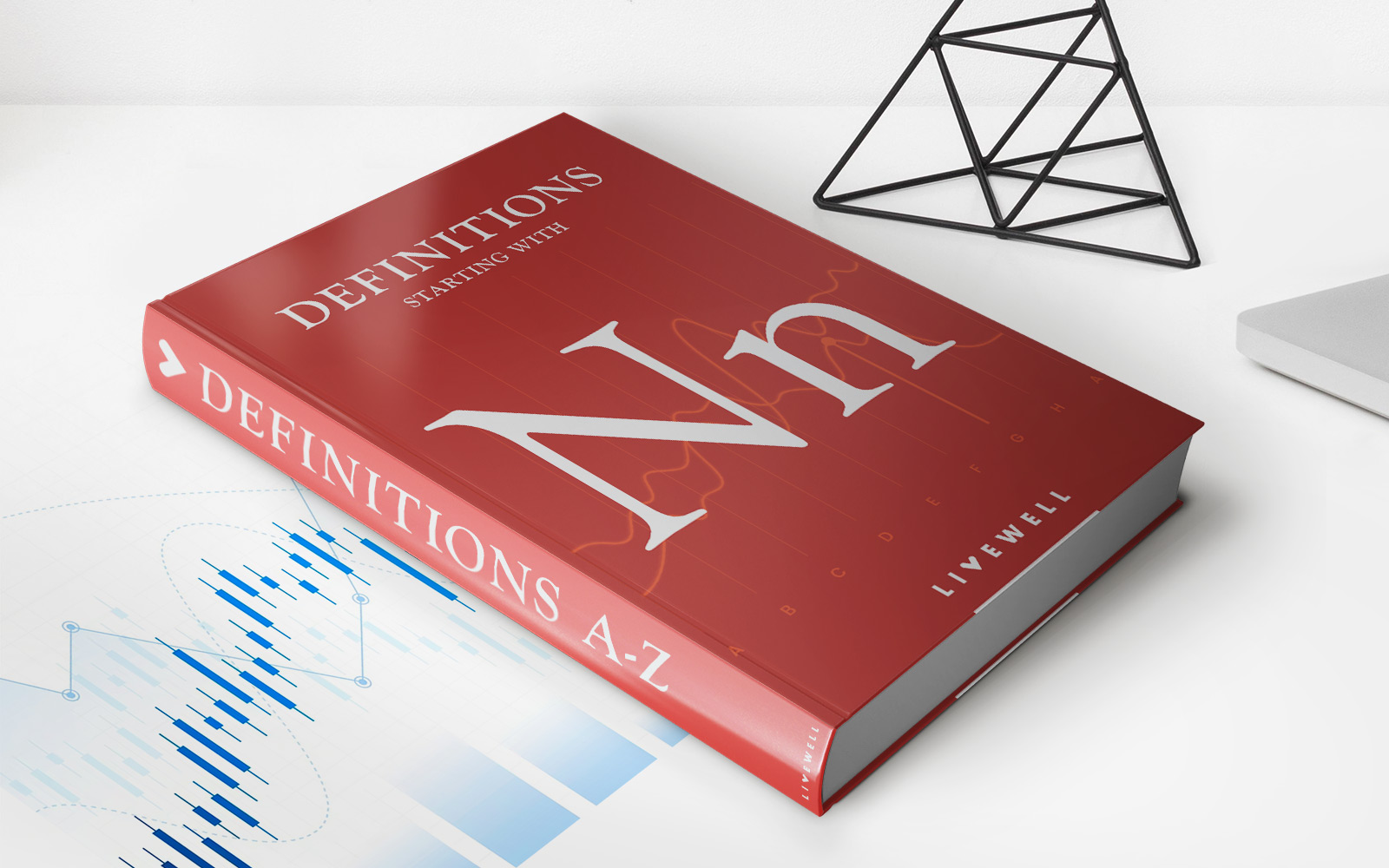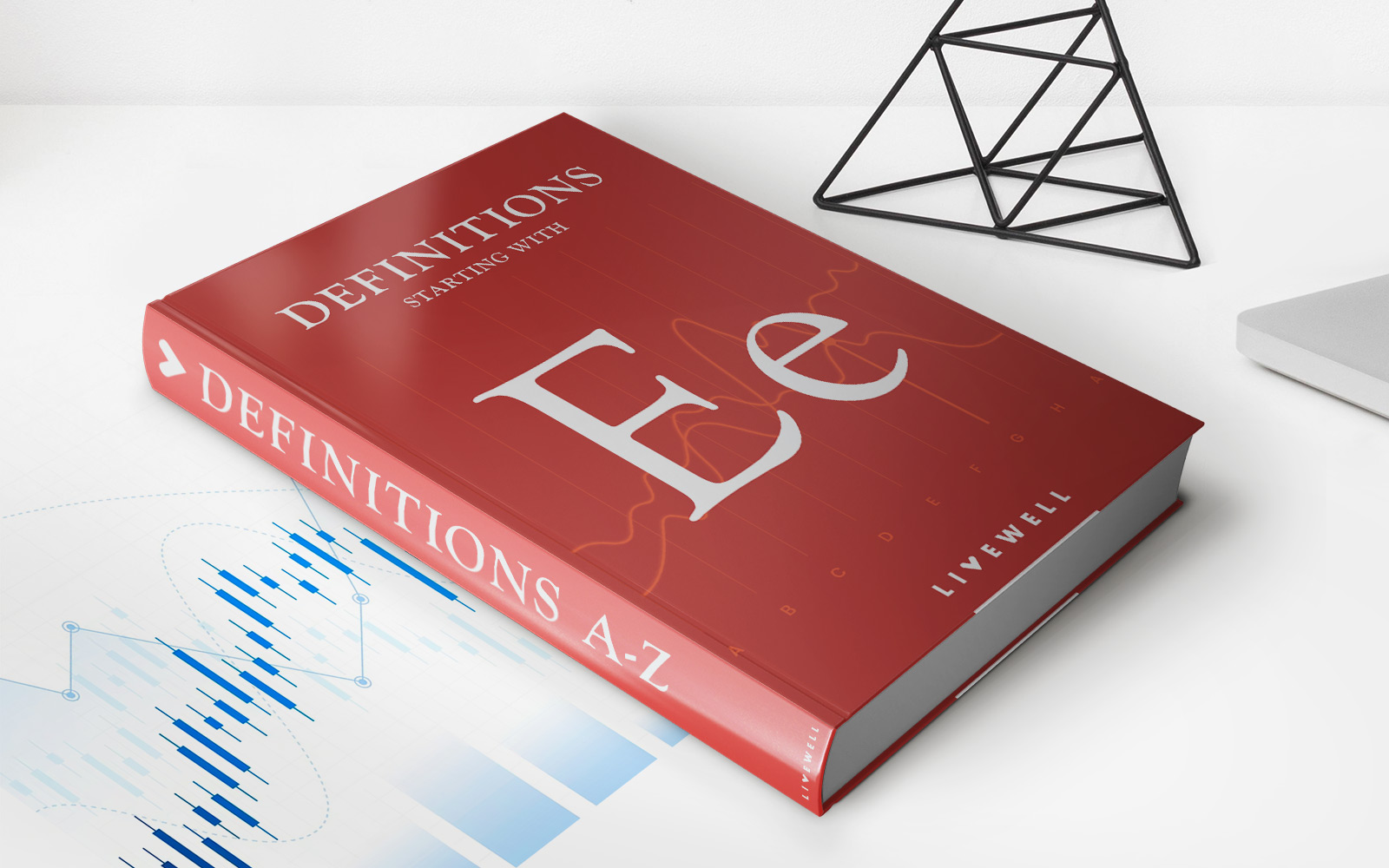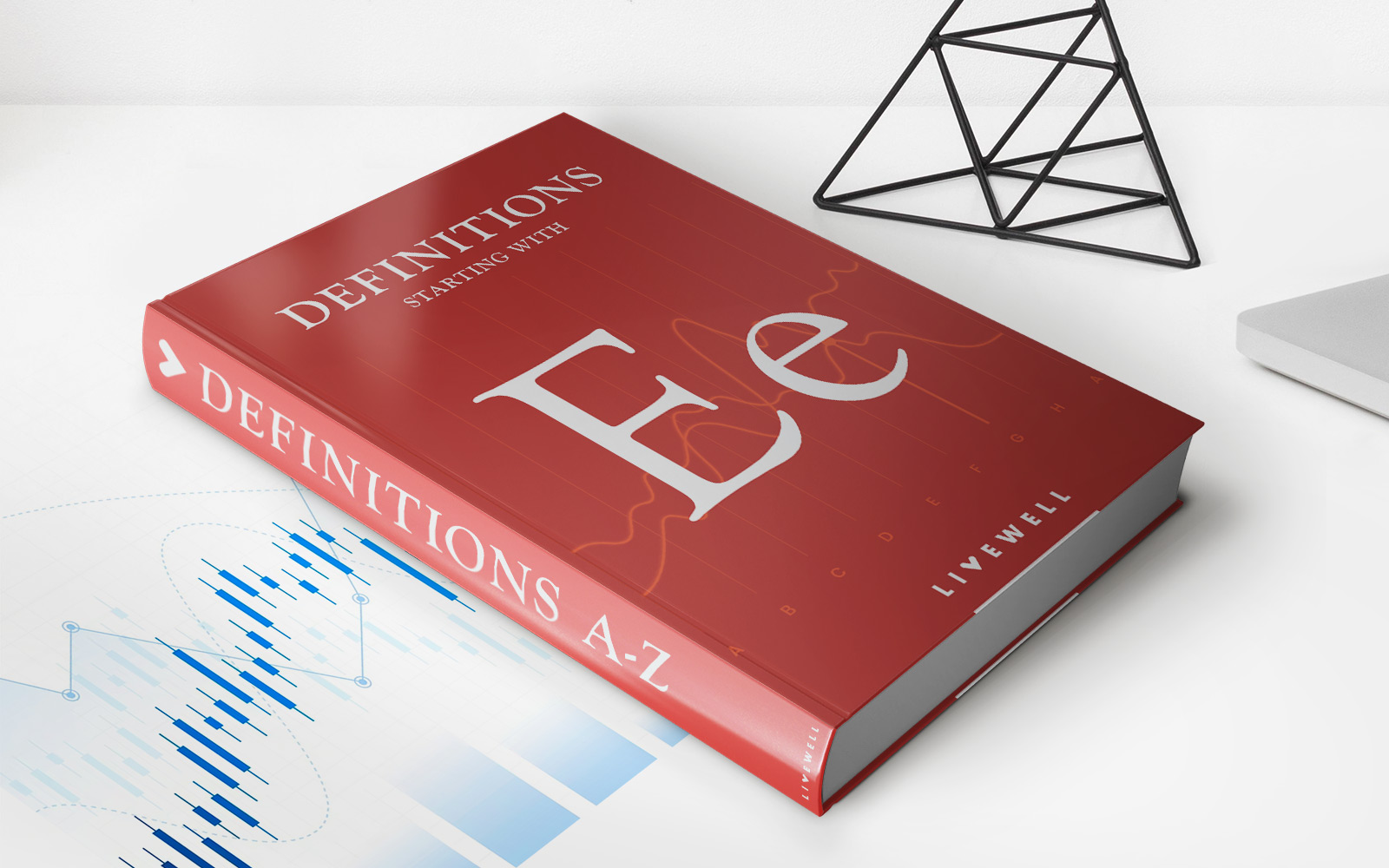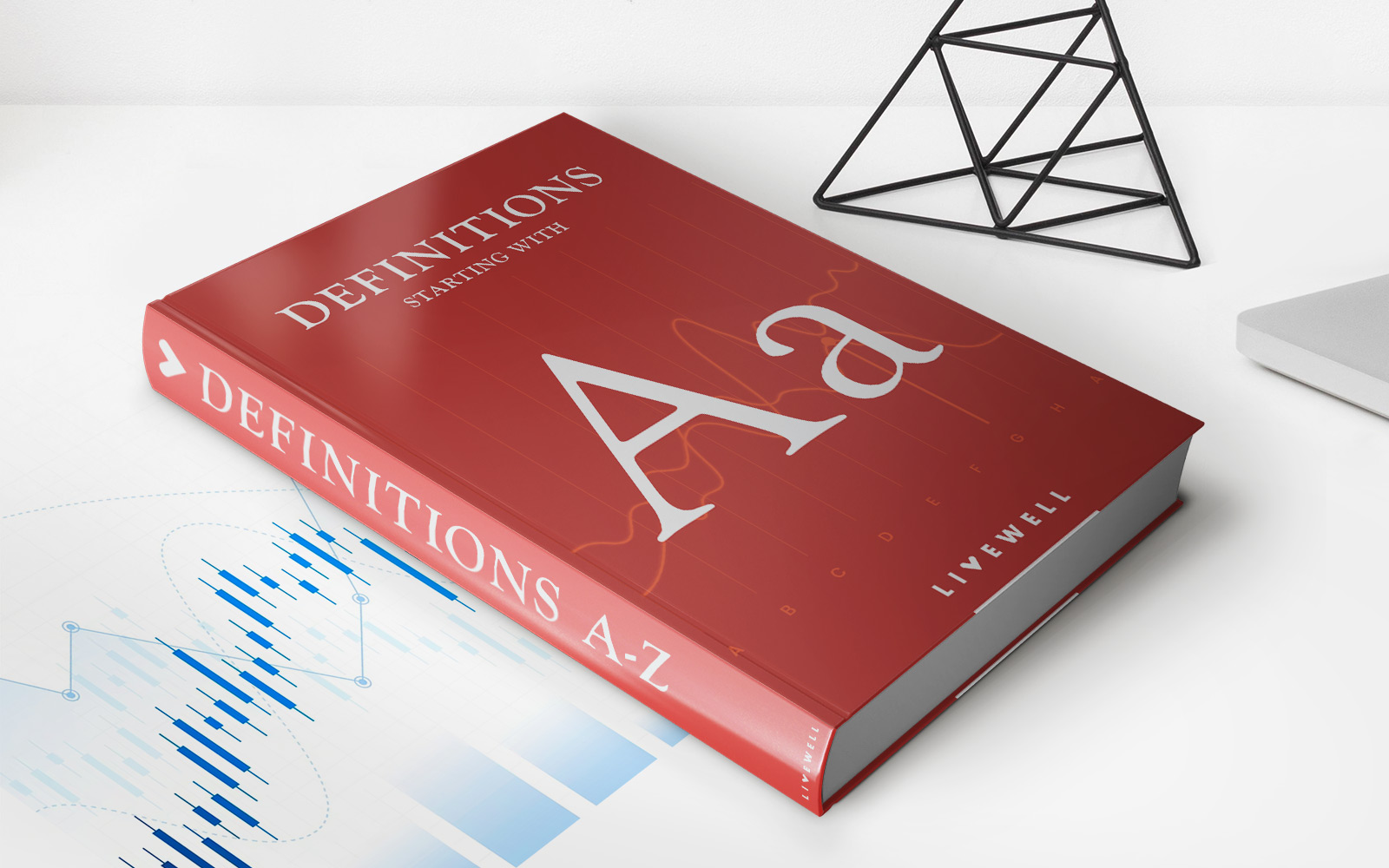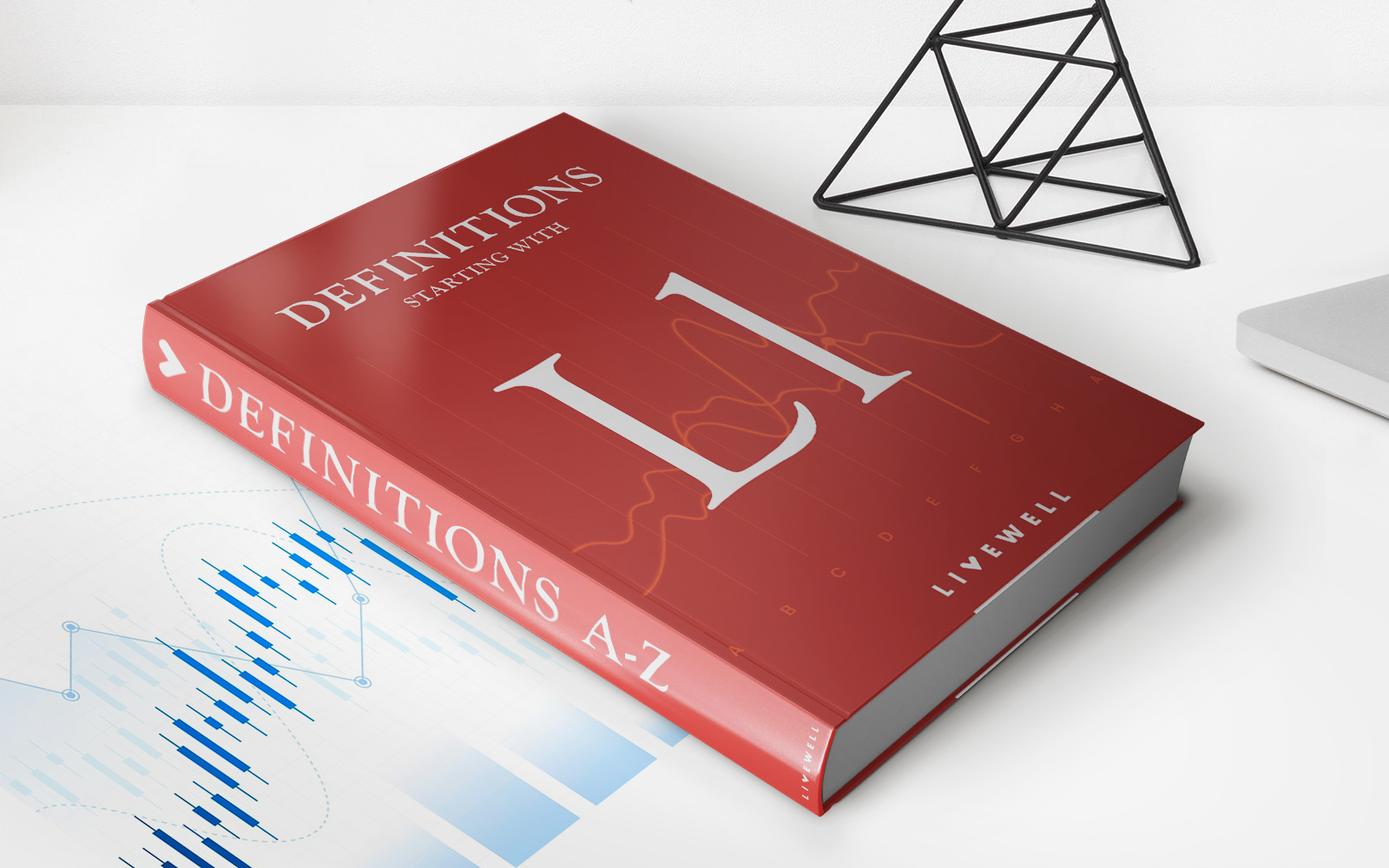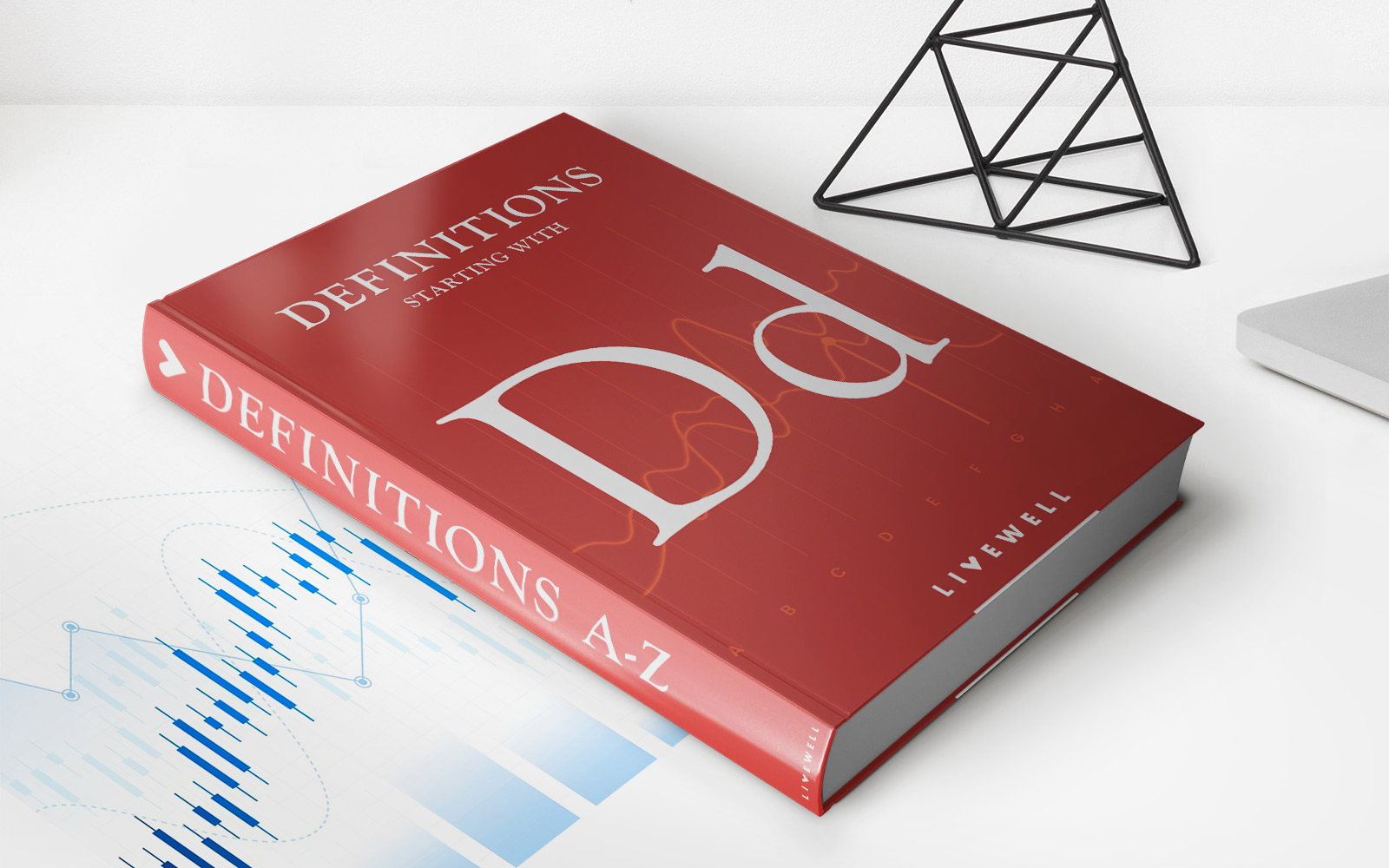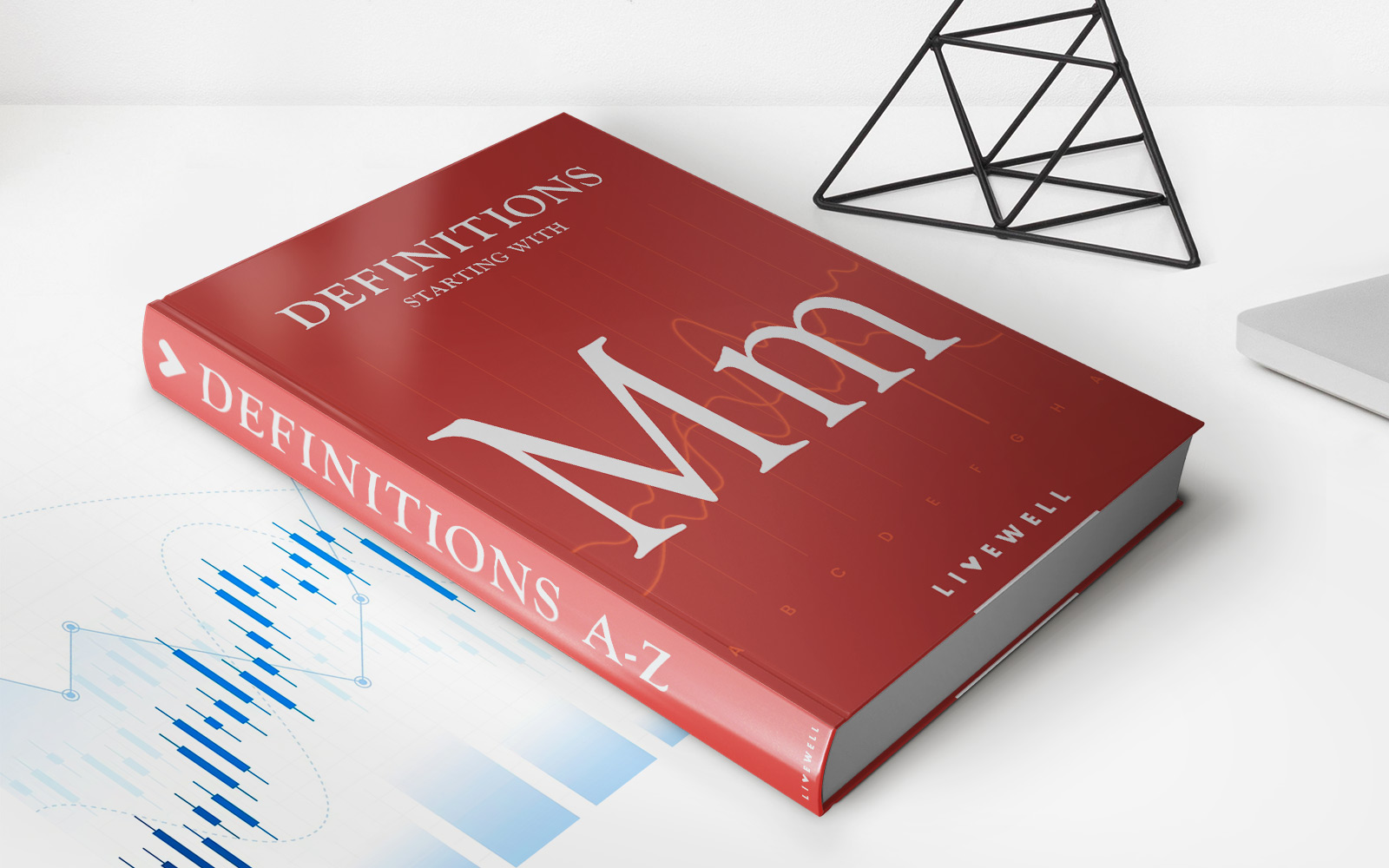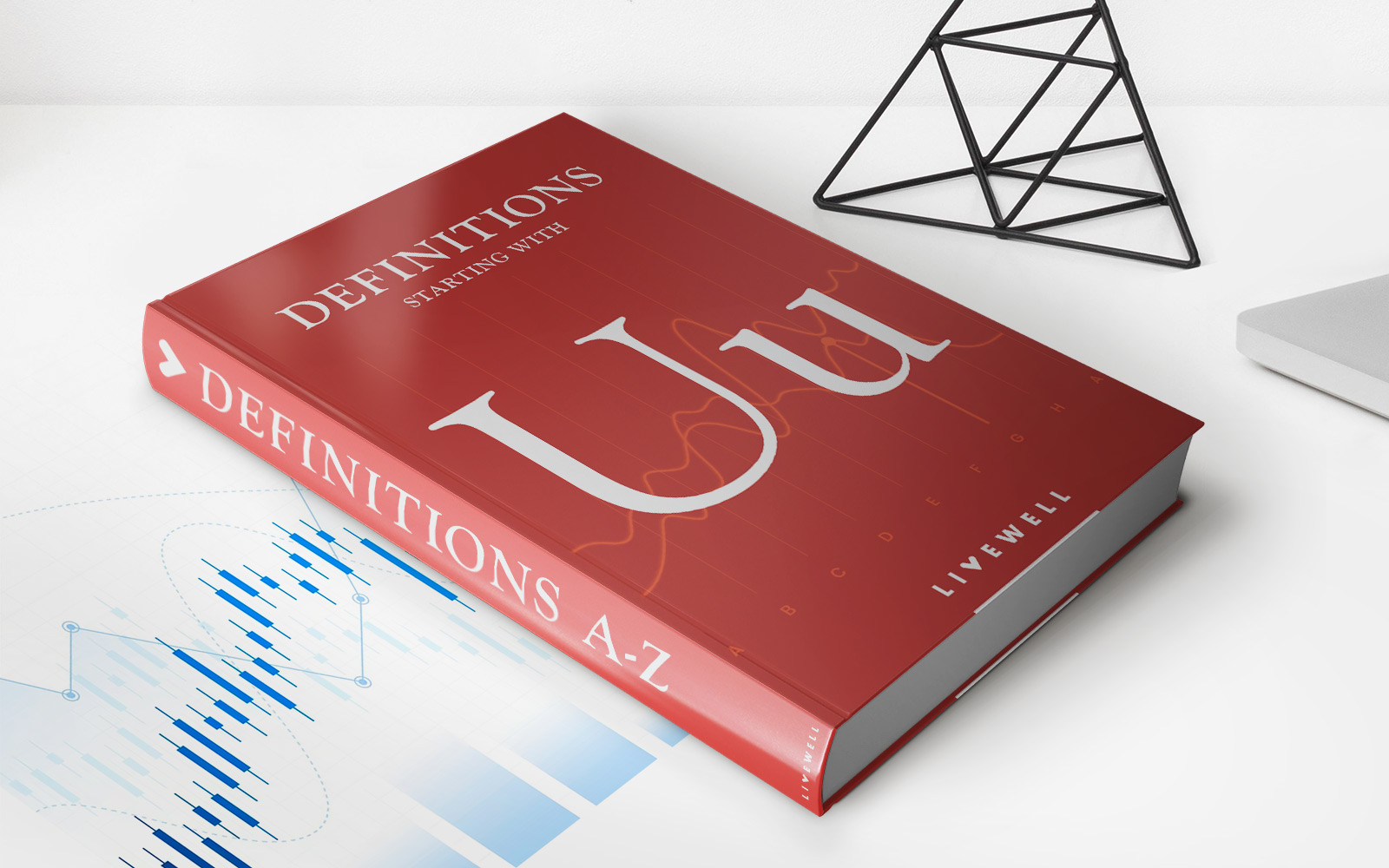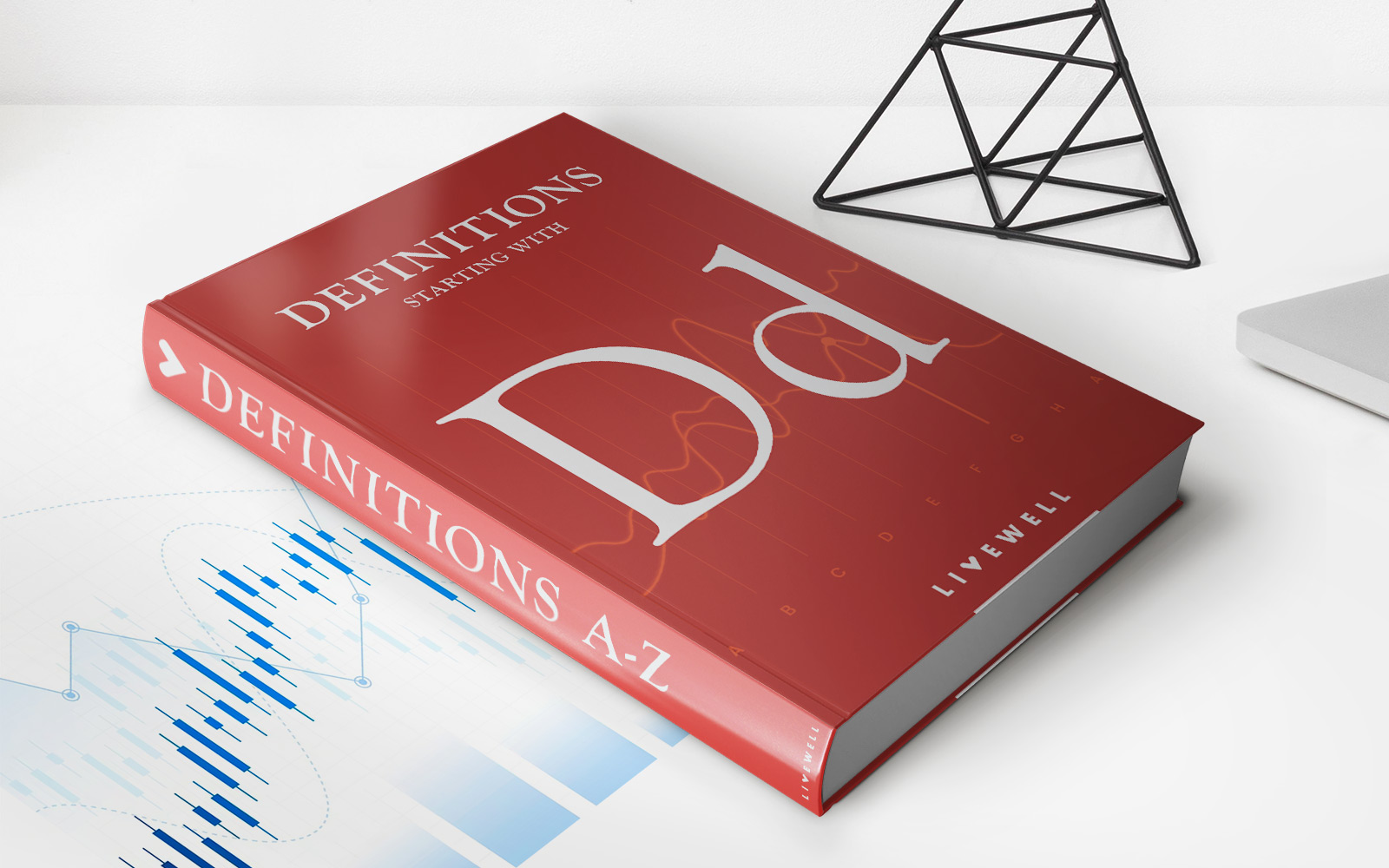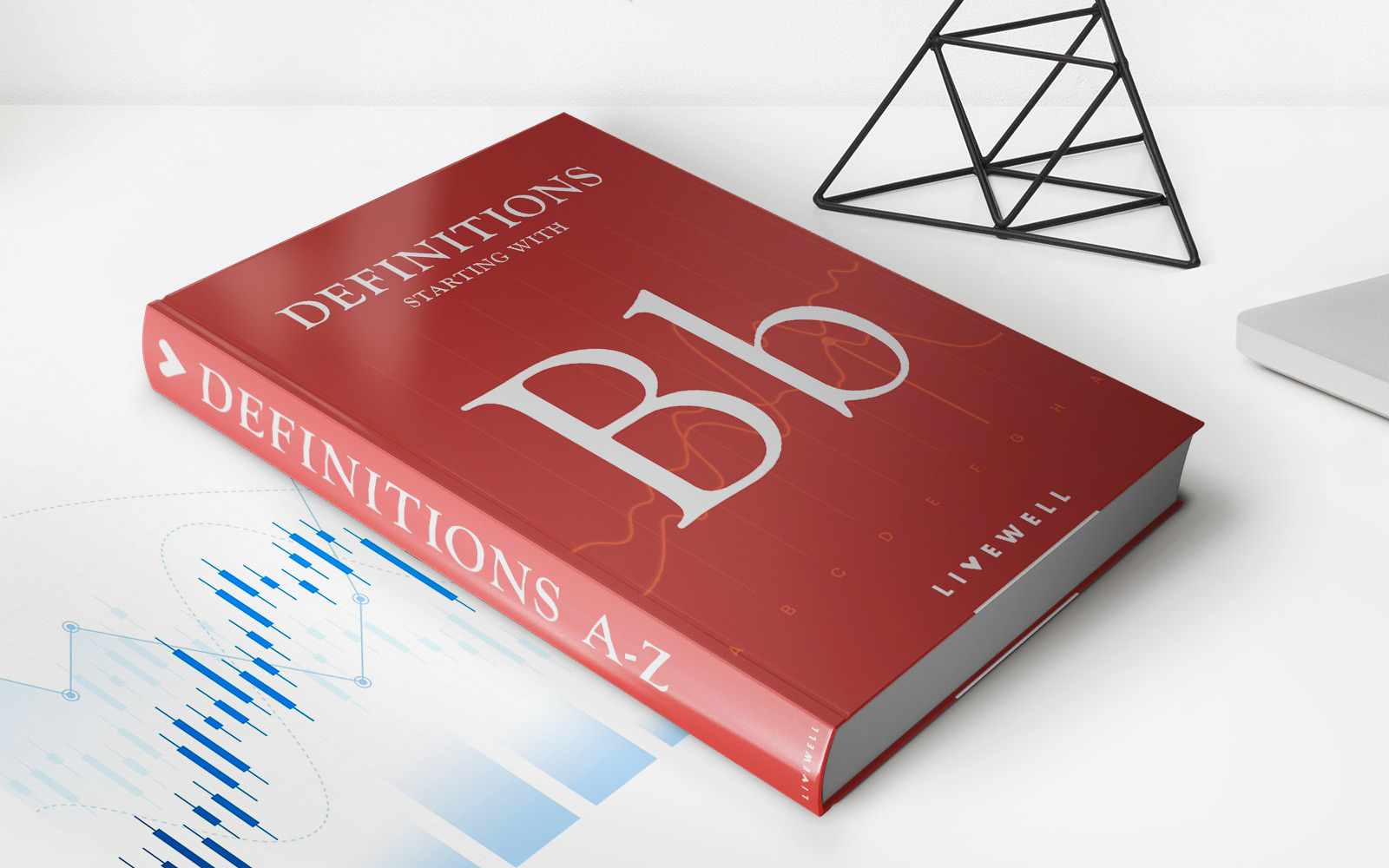Home>Finance>In Specie Definition And Meaning In Asset Distributions
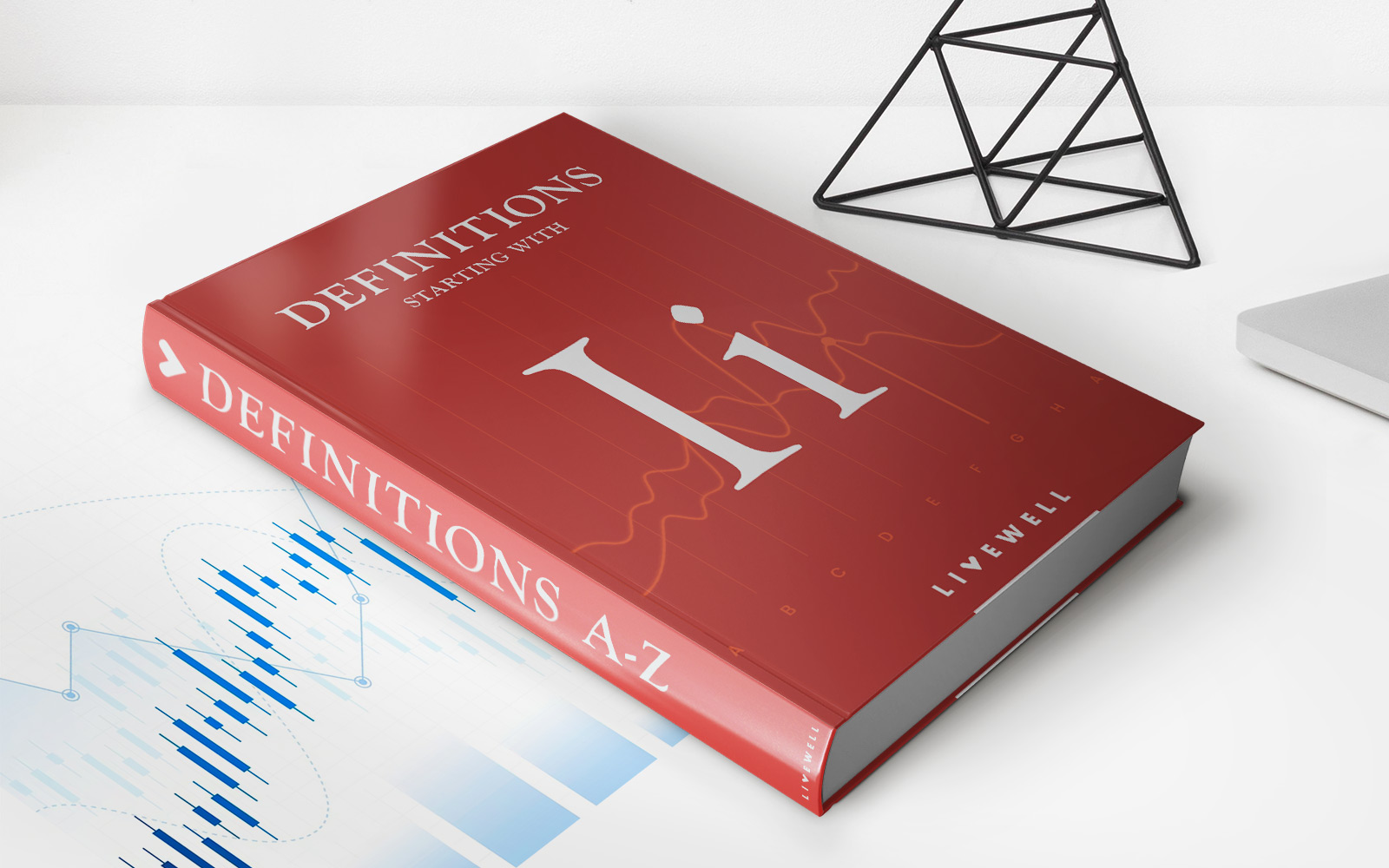

Finance
In Specie Definition And Meaning In Asset Distributions
Published: December 7, 2023
Learn the definition and meaning of "in specie" in asset distributions in the realm of finance. Discover how it impacts your financial strategies and decisions.
(Many of the links in this article redirect to a specific reviewed product. Your purchase of these products through affiliate links helps to generate commission for LiveWell, at no extra cost. Learn more)
In Specie Definition and Meaning in Asset Distributions: Explained
When it comes to managing your finances and assets, there are various terms and concepts that you may come across. In specie is one such term that refers to a specific type of asset distribution. In this blog post, we will delve into the definition and meaning of in specie asset distributions, shedding light on what it means for your financial portfolio and how it can impact your overall wealth management strategy.
Key Takeaways:
- In specie refers to the distribution of assets “in kind” rather than in cash.
- This distribution method allows individuals to transfer assets directly rather than having to liquidate and redistribute the proceeds.
So, what exactly does “in specie” mean? The term comes from Latin and translates to “in the actual form.” In the context of asset distribution, it refers to the process of transferring assets in their existing form rather than converting them into cash. Instead of selling an asset and distributing the proceeds, the asset itself is distributed among the beneficiaries or shareholders.
Now, you might be wondering why someone would opt for an in specie distribution instead of simply converting the asset into cash. Well, there are several potential benefits associated with this method:
Benefit #1: Preserve the Asset
By opting for an in specie distribution, you can preserve the physical or intellectual property of the asset. This can be particularly valuable in cases where the asset holds sentimental value, such as a family heirloom, or when the asset’s value is expected to appreciate over time.
Benefit #2: Potentially Reduce Transaction Costs
When you convert an asset into cash, you may incur various transaction costs, such as brokerage fees, taxes, and other expenses. By choosing to distribute the asset “in kind,” you can potentially minimize these costs and preserve more of the asset’s value.
It’s important to note that in specie distributions may not always be the most suitable option, and there may be certain disadvantages to consider. For example:
- In specie distributions may not always be feasible for illiquid assets or assets with complex ownership structures.
- Transferring an asset “in kind” may require legal documentation and compliance with regulatory requirements.
- Asset distributions need to be carefully planned and executed to ensure fair and equitable distribution among beneficiaries or shareholders.
In conclusion, in specie asset distributions offer an alternative method of transferring assets among individuals or entities. By distributing assets “in kind,” you can potentially preserve the asset’s value, minimize transaction costs, and hold onto assets with sentimental or appreciating value. However, it is important to consider the specific circumstances and seek professional advice to determine whether an in specie distribution is the right option for your unique financial situation.
